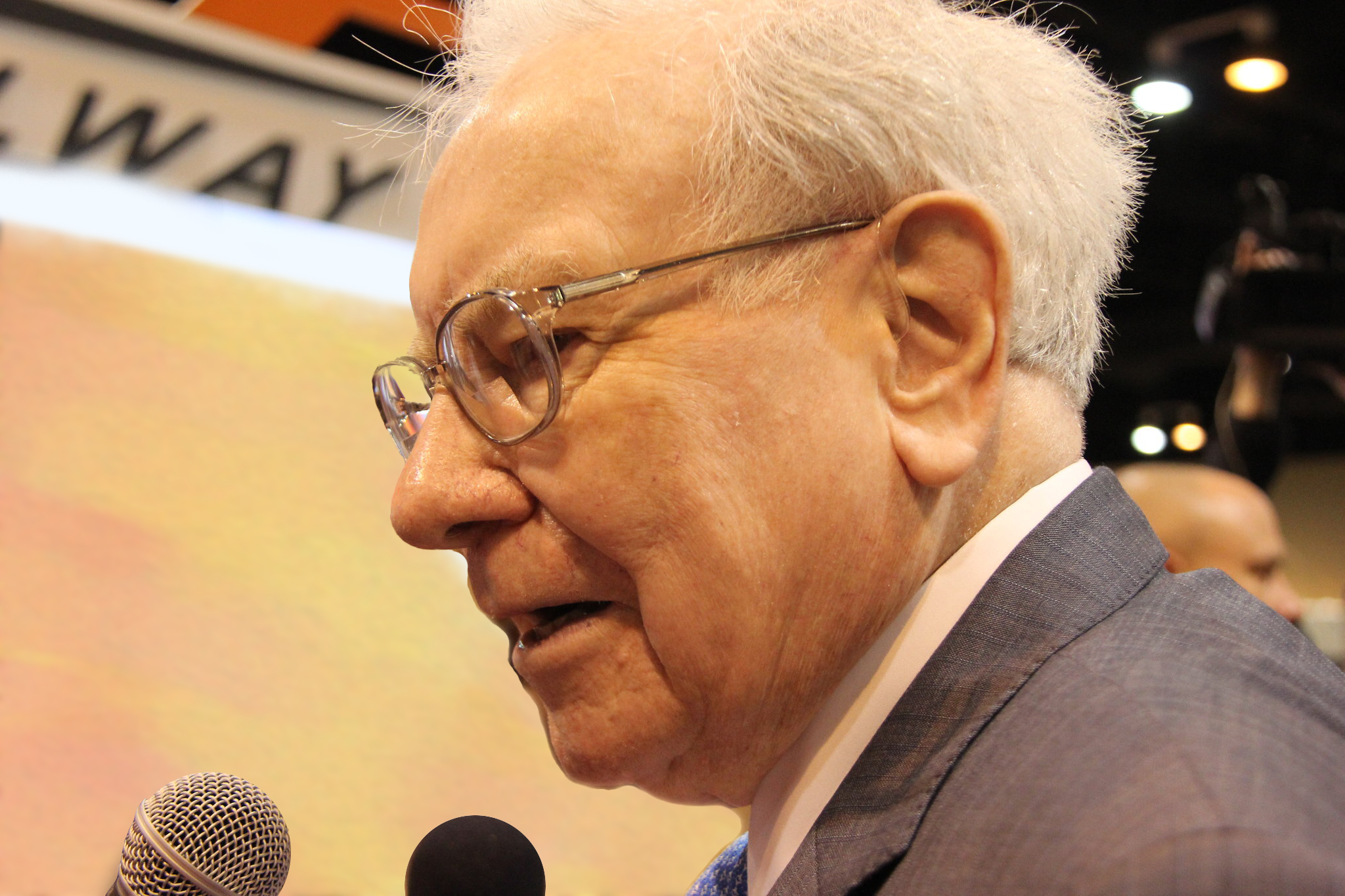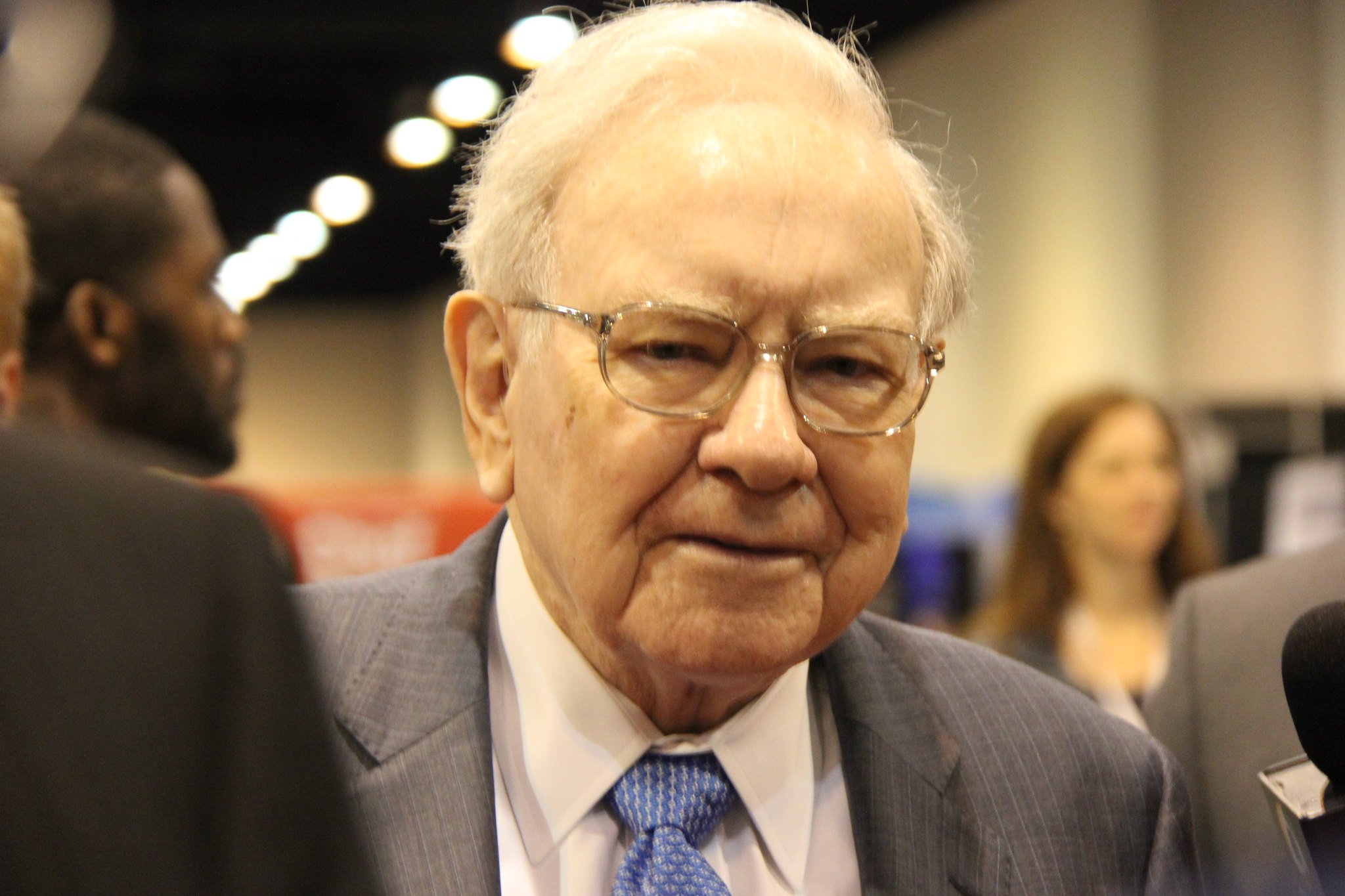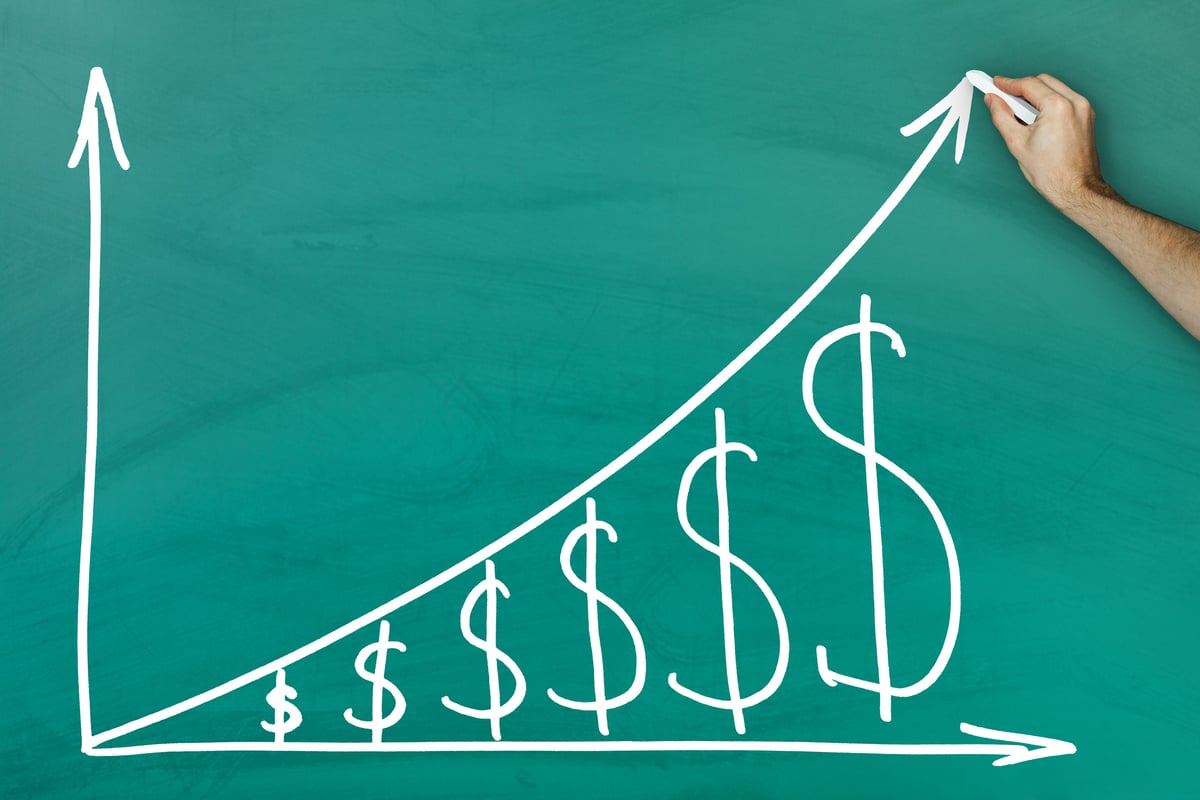Berkshire Hathaway (BRK.A 0.30%)(BRK.B +0.00%) is trading near its all-time high, despite a lack of investment opportunities in recent years and several other legitimate investor concerns. On the other hand, there's still a lot to like about Berkshire, and it would be a mistake to let its valuation scare you away.
With that in mind, here's a rundown of the reasons for and against investing in Berkshire Hathaway right now, and why I don't think investors are necessarily too late.

NYSE: BRK.B
Key Data Points
Reasons to be pessimistic
Let's get the negatives out of the way. One of my biggest rules of investing is that if I don't understand the bear case for a stock, I haven't done enough homework yet. And to be fair, there are some legitimate reasons why investors are hesitant to buy shares right now:
- Scale. Berkshire recently became the first non-technology company to reach a trillion-dollar market cap, an impressive accomplishment. But as CEO Warren Buffett has openly acknowledged, it becomes significantly harder to deliver outsized returns as the business scales. And with the stock trading near its all-time high, many investors worry that it has become too expensive.
- Limited growth opportunities. Berkshire has found little success in finding attractive ways to put its capital to work for several years. Aside from the acquisition of Pilot Travel Centers, Berkshire hasn't made a big acquisition in about a decade, and Buffett has been a net seller of stocks recently. As a result, more than one-fourth of Berkshire's market value is sitting in cash and Treasuries, earning roughly 5% annualized returns.
- Buffett's age. Warren Buffett recently turned 94 and isn't going to be running the show forever. In his latest annual letter, he acknowledged that he's "playing in the extra innings." Since Buffett is still CEO and has discretionary control over most of the company's massive stock portfolio (as well as its buyback program), many are worried about losing the Buffett magic in the not-too-distant future.
Reasons Berkshire Hathaway is still worth buying
While there are certainly some legitimate concerns, I firmly believe the good outweighs the bad, and that the stock is well worth buying, even near its all-time high. I'll get to the scale and valuation issue in the next section, but the growth opportunities and Buffett's age aren't as much of a problem as they might seem.
To be sure, I would certainly like to see Buffett find a massive opportunity to deploy lots of cash. But I'd also argue that the recent lack of opportunities has created one of Berkshire's biggest strengths: its financial flexibility. With $277 billion in cash and short-term investments, Berkshire has an unmatched ability to take advantage of any opportunities that arise. If a deep recession or market crash were to arrive, Berkshire would be in a great position to emerge in even better shape than it went in.
As far as Buffett's age goes, succession planning has been a major focus of Berkshire's leadership for years. Greg Abel, who currently oversees Berkshire's non-insurance operating businesses, is ready to step into the CEO role when needed, and Berkshire has two fantastic portfolio managers in Todd Combs and Ted Weschler, who will be in charge of the stock portfolio. In a nutshell, the pieces are in place for Berkshire's culture to live on for many decades to come.
Berkshire could still be a cheap stock. Here's why.
As a final thought, I'd make the case that even at a trillion-dollar valuation, Berkshire is a rather cheap stock. After backing out the cash and the market value of its stock portfolio, the market is valuing Berkshire's operating businesses at about $400 billion. And even excluding investment income, Berkshire generated nearly $31 billion in operating income over the past four quarters.
In short, Berkshire's businesses are being valued at about 13 times trailing-12-month earnings, despite impressive 26% year-over-year operating income growth so far in 2024 and a recession-resistant nature. I'd hardly call that expensive.






